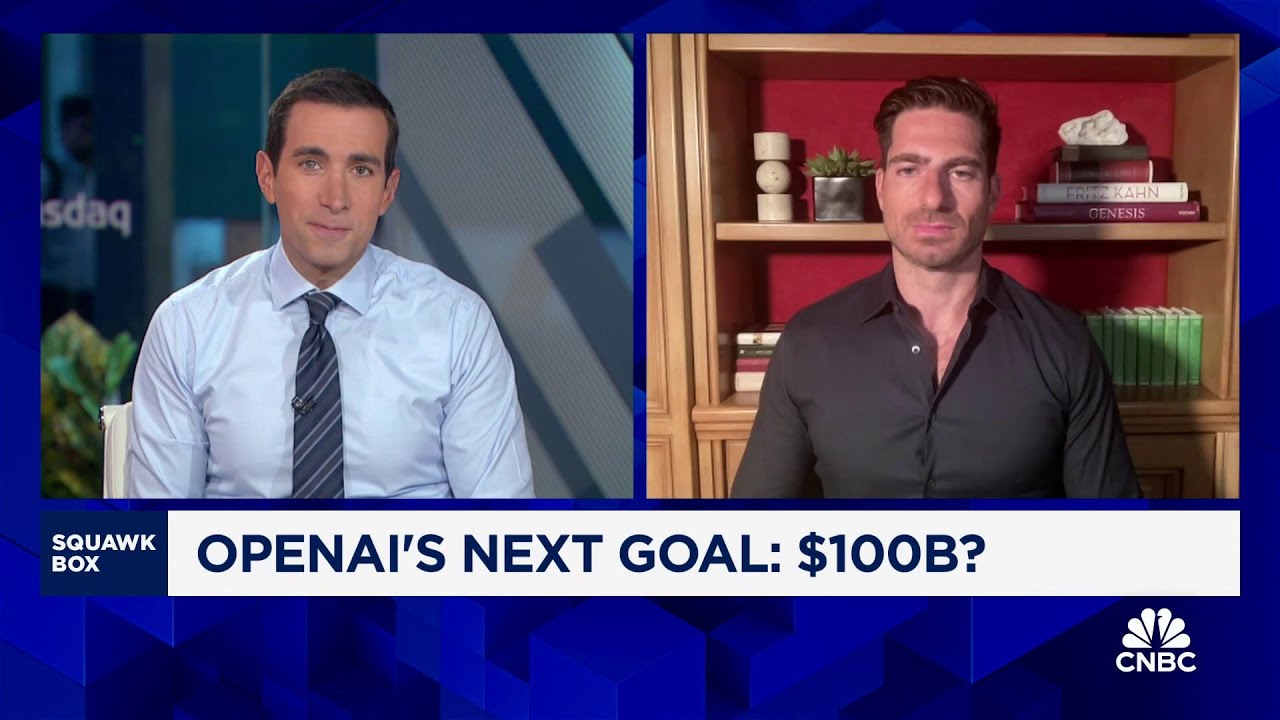Geoff Lewis, founder of Bedrock Capital, discussed OpenAI’s evolving structure and its potential $100 billion valuation, highlighting the company’s need for a commercially viable business model as it navigates regulatory challenges and funding talks. He noted that while OpenAI may consider going public, it might have to change its nonprofit status, and the implications for early investors like Elon Musk would depend on various factors related to their initial contributions.
In a recent discussion, Geoff Lewis, founder of Bedrock Capital and an early investor in OpenAI, shared insights on the company’s evolving structure and its potential future. OpenAI is reportedly flirting with a $100 billion valuation and is in talks with investors for funding. As the AI landscape becomes increasingly competitive and faces regulatory scrutiny, OpenAI is expanding its board and bringing in experts to navigate these challenges.
Lewis expressed enthusiasm about OpenAI’s plans, particularly regarding infrastructure developments necessary for AI’s growth. He noted that AI requires significant energy and data center infrastructure, presenting a substantial opportunity in the U.S. and allied nations. While he couldn’t disclose specific details due to non-disclosure agreements, he highlighted the involvement of Thrive Capital, another early investor, in the ongoing funding discussions.
The conversation also touched on the speculation surrounding OpenAI’s potential transition to a public company. Lewis acknowledged that if OpenAI were to go public, it might need to alter its current nonprofit structure. He pointed out that many tech companies, like SpaceX, have remained private for extended periods, allowing for liquidity options through private market transactions, which could also apply to OpenAI.
Lewis emphasized that for OpenAI to continue its research effectively, it must establish a commercially viable business model. He noted that the company has exceeded expectations in this regard, indicating a successful transition from its initial nonprofit framework to a more commercially focused entity.
Finally, the discussion addressed the implications for early funders, such as Elon Musk, if OpenAI were to become a for-profit entity. Lewis clarified that some early funders had invested in the for-profit subsidiary, while Musk did not participate in that round. He suggested that any potential equity stake or payoff for Musk would depend on various factors, including tax considerations related to his initial nonprofit contributions.
